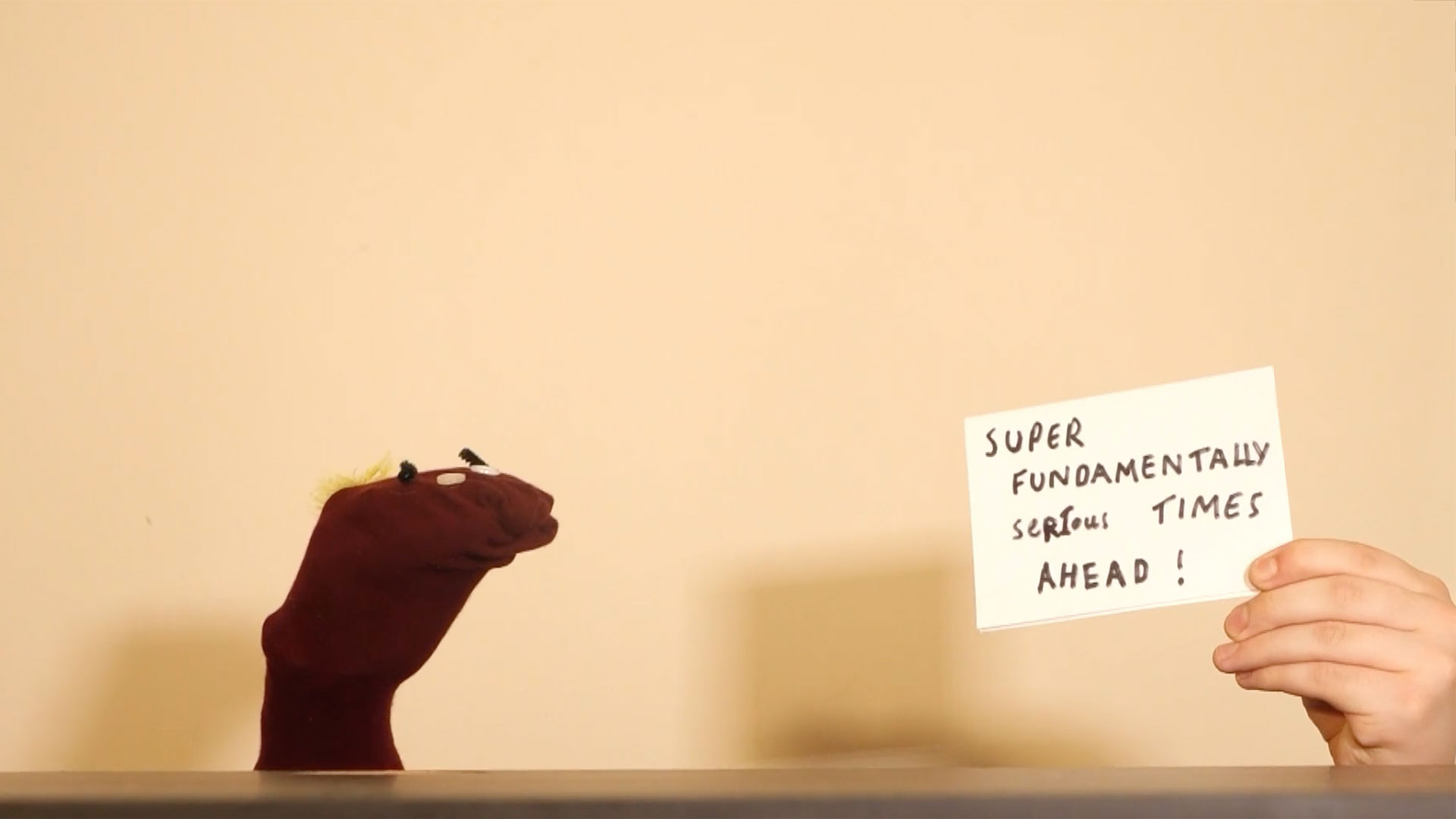Explore our video and podcast library
 What is genuine collaboration?
What is genuine collaboration?
 What does good involvement look like?
What does good involvement look like?
Podcasts
Linked Projects for Digital Youth
Involving young people in research
A how to video series for intrepid researchers…
Keen to get young people involved in your research activities? Not sure how to begin? Members of Digital Youth teamed up with MindTech and The University of Bath under the creative guidance of young people to co-produce a short series of supportive HOW TO videos.
The videos have been developed as a resource for researchers who are interested in involving young people in research and want tips and strategies on how to do so and where to begin.
Video 1 What is PPI and why should I do it?
Synopsis
In video 1 we provide a quick overview of what we mean by PPI (patient and public involvement) and why, if you are delivering research in the field of digital youth mental health, you should be involving young people. We’ll pose questions you should be asking yourself before you begin to involve young people and reassure you that while PPI can seem daunting, it doesn’t need to be.

Dr Sock says
Key messages in this video
What are the steps of PPI and co-production?
“Researchers are put off doing co-production and PPI because they worry about doing it right. Part of the problem is that the term is used so broadly. In fact, there are various steps and approaches you can take. It doesn’t matter where you are, just be reflective and realistic about what you need. If you approach the process with principles in mind of equity, shared understanding and being meaningful, then you are going in the right direction…”
Becky

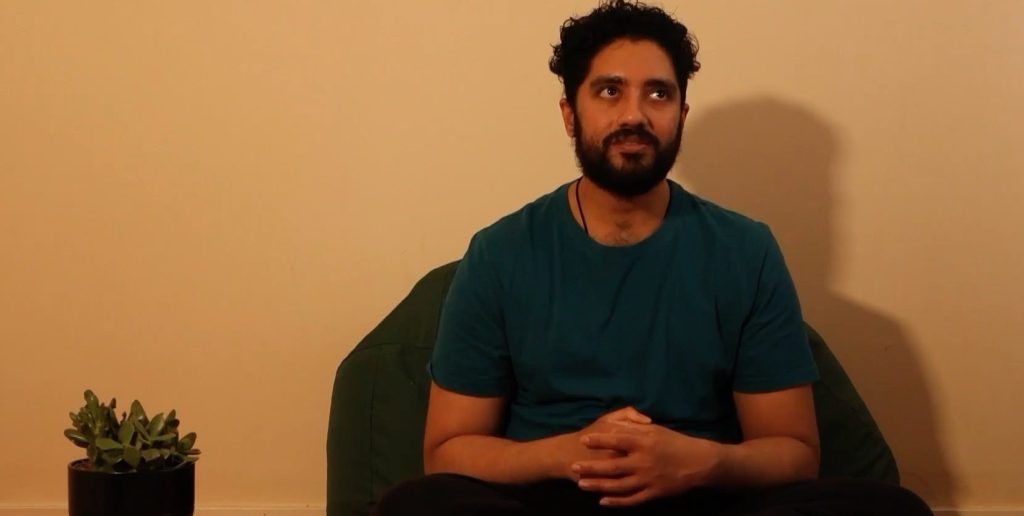
Why is PPI important in research about young people?
“Young people will be impacted by this research so it makes complete sense to involve them… It gives me a sense of purpose and I find great joy in knowing that my lived experiences within mental health are being used to help the next generation of young people…”
Idrees
“PPI is hugely important, but we’ve still got a long way to go and in particular with young people. Often, we might take the easiest road but not necessarily the right road and find ourselves only engaging with adults about young people’s lives…”
Maria
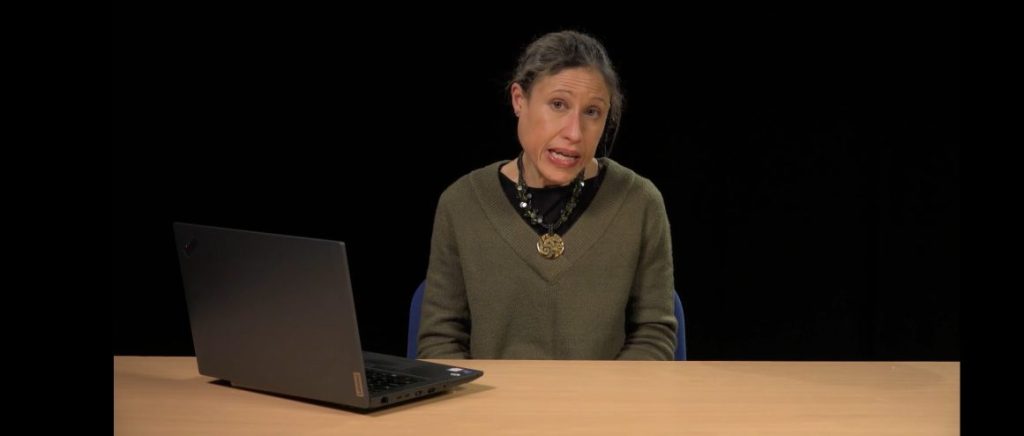
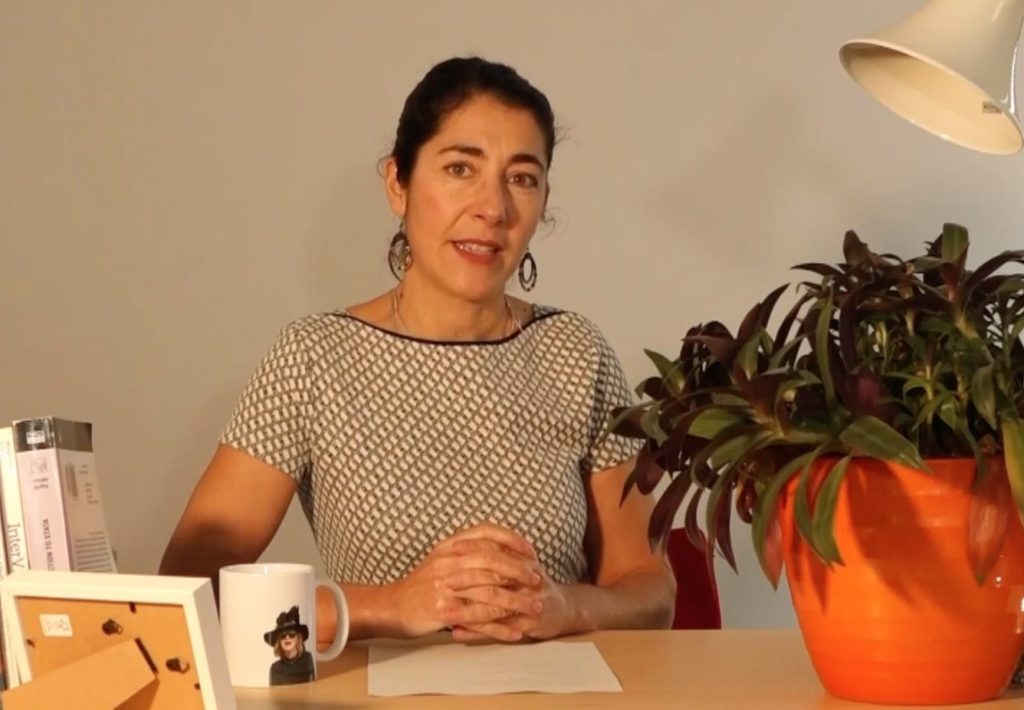
“When PPI is not respected we see lots of unhappy people who don’t feel valued or heard. It is best for activities to be led by young people. It becomes meaningful when you have young people who are motivated and working together with researchers towards a clear unified goal…”
Elvira
“Good PPI is a bit like making soup –you can just chuck everything in and the soup is perfectly satisfying, but if you do it in the right way and at the right time – like with involving young people from the start – then you get something that is truly spectacular…”
Aislinn
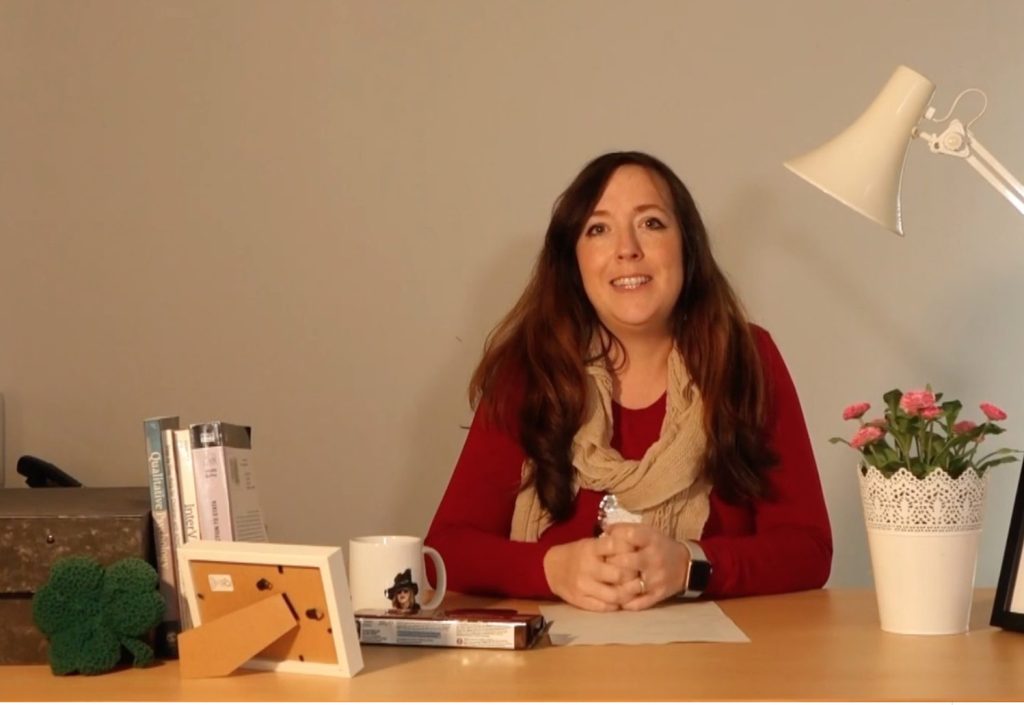
Video 2 How to run your first PPI event
Synopsis
In video 2 we’ll explore ways in which young people can be involved in digital mental health research. We’ll include lots of practical examples, sharing what has worked well, or not so well in our work, and help you to think about how to run sessions that are safe and engaging.

Dr Sock says
Key messages from video 2
Planning a session
“Researchers might feel worried about running a session, for example thinking that young people might not speak or might become nervous or upset. Making sure you put time into planning will help young people get the most from the session and to be really engaged. Remember to enjoy it too, because it will be really fun…”
“There are lots of tools and resources available to help you plan and run sessions. We start with a roadmap and use software to create this – it helps us think about where we want to go and anything that could go wrong on the journey so that we can be prepared…”
Camilla

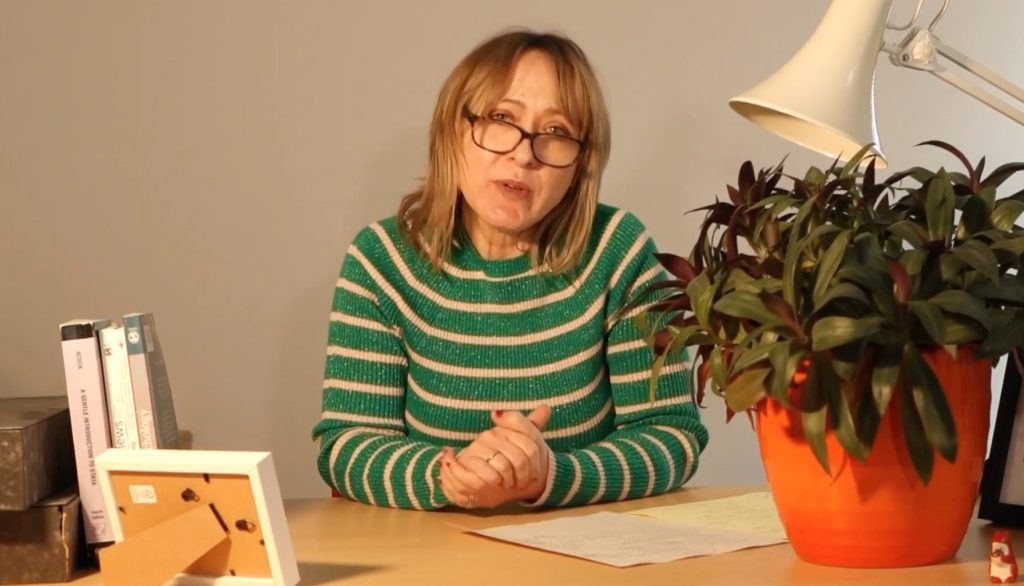
“Wellness plans are documents that we create with a young person. We identify emergency contact details and talk about things that they might do to keep themselves safe and comfortable during a session…”
Jo
“We want young people to know what being part of the session is going to involve, what is expected of them, and if there could be some sensitive things raised, so everyone comes with a clear idea of what being involved will mean…”
Jo
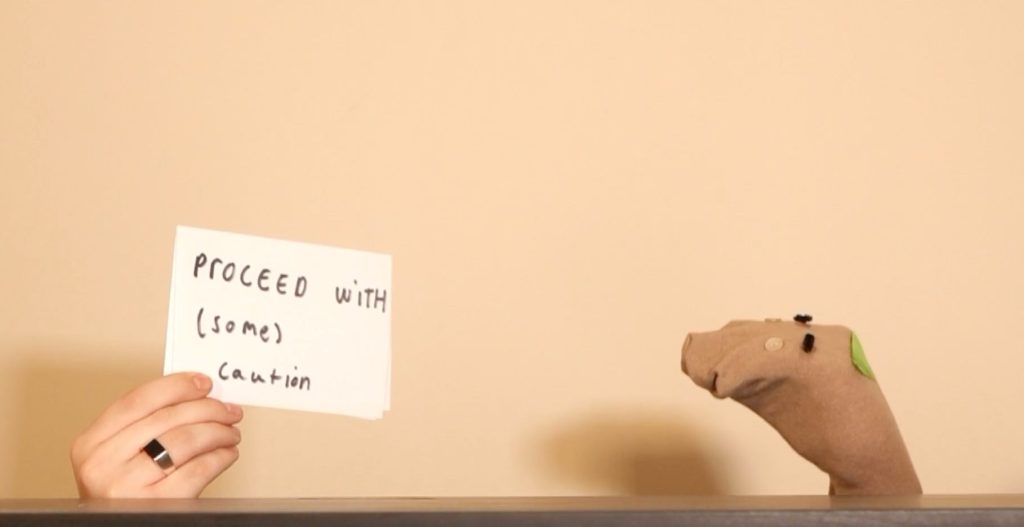
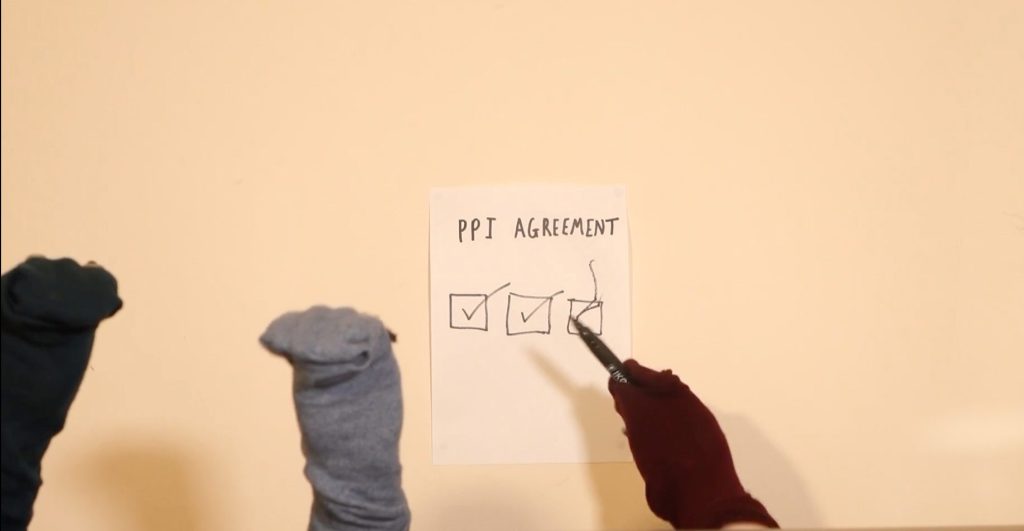
“As a group we set out our agreed principles, or shared expectations of how we are going to work together. We’ll include our promise to each other ( e.g. that we’ll listen and respect each other), our promise as researchers to young people (e.g. that we’ll be on time, we’ll create an agenda) and the promise of young people to researchers (e.g. to be honest about how they are doing). We’ll create a document that we’ll all sign…”
Jo
“Bringing young people together in workshops and focus groups fosters such a lot of creative energy and it is such a wonderful environment. It is so different from the standard email chain which can be mentally taxing…”
Idrees
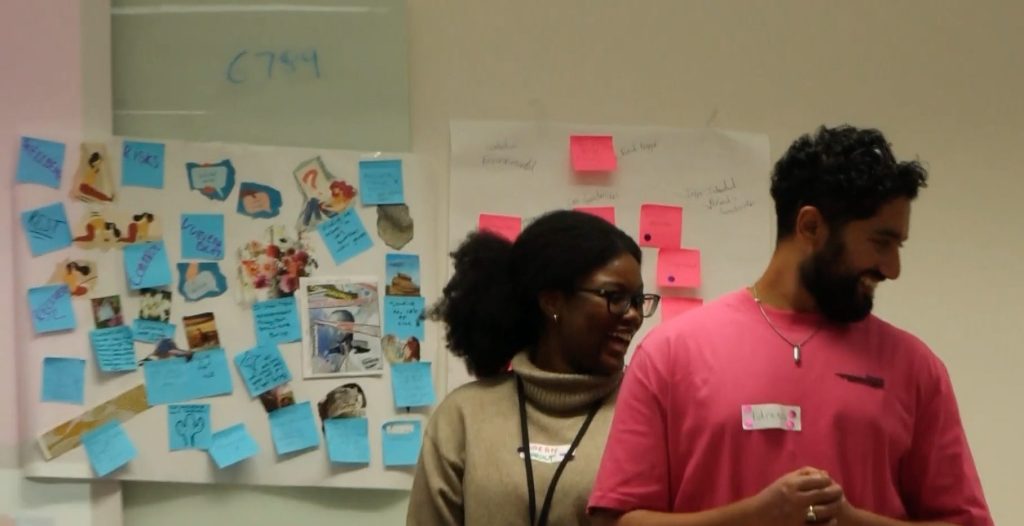
“One of the biggest hurdles is actually taking things a bit too seriously. Actually involving young people is incredible. Bringing in elements of enjoyment or fun can be a really nice way of celebrating and giving back to them…”
Aislinn
Running your session
“I found it can be quite difficult to juggle trying to note take while I’m also wanting to talk to the PPI group… that is where you bring in other people. So we’ll have someone chairing the meeting and someone else taking notes…”
Nina
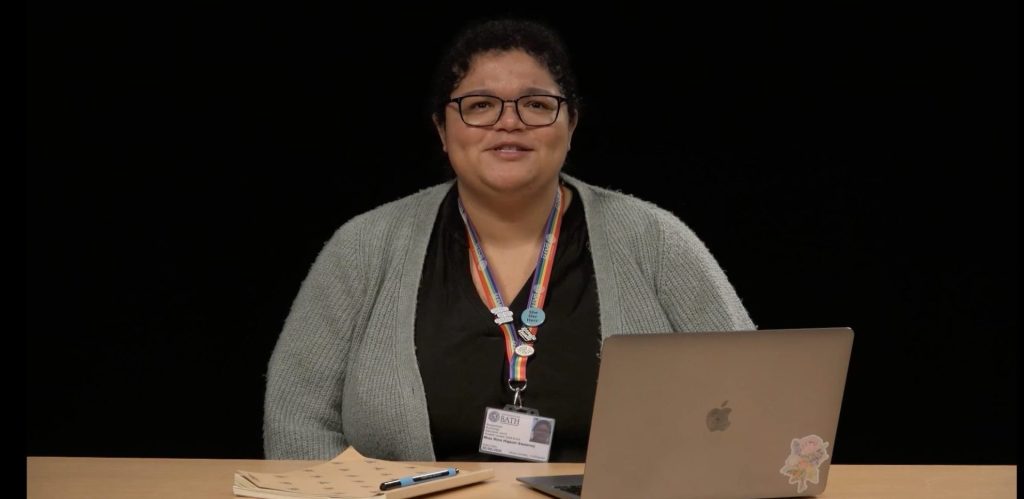
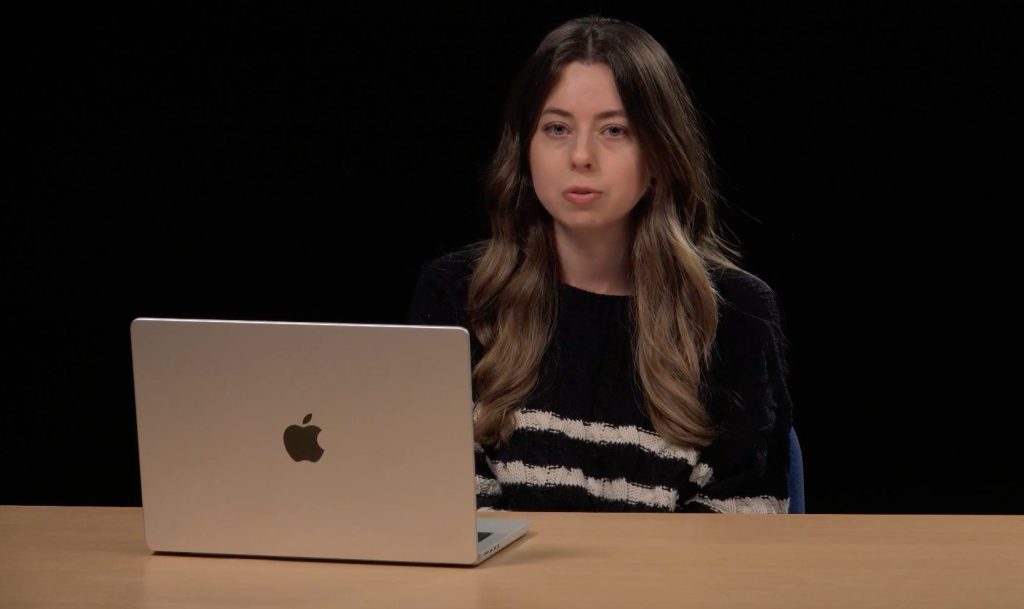
“You might find it helpful to make notes or reflections on how the session went, what you achieved and ideas and hopes for future sessions. The first session should give you a sense of what went well and what you’d like to be different for next time so you can build on this…”
Megan
Video 3 At the end of your session and beyond
Synopsis
In video 3 we’ll think about what happens at the end of an involvement session and ways to secure the ongoing involvement of young people. We’ll share thoughts from young people on how to make involvement meaningful so you can be confident that your work together is more than just a tick box exercise.

Dr Sock says
Key messages from video 3
“We try to create a clear, kind and responsive environment in which young people are happy to say to us, “No, I don’t want to be involved in this” or, “I want to be involved in this, but in a slightly different way…”
“We always include a mood mitigation task at the end of every session. This will be a fun activity or game which is a chance to decompress and elevate everyone’s mood…”
Jo
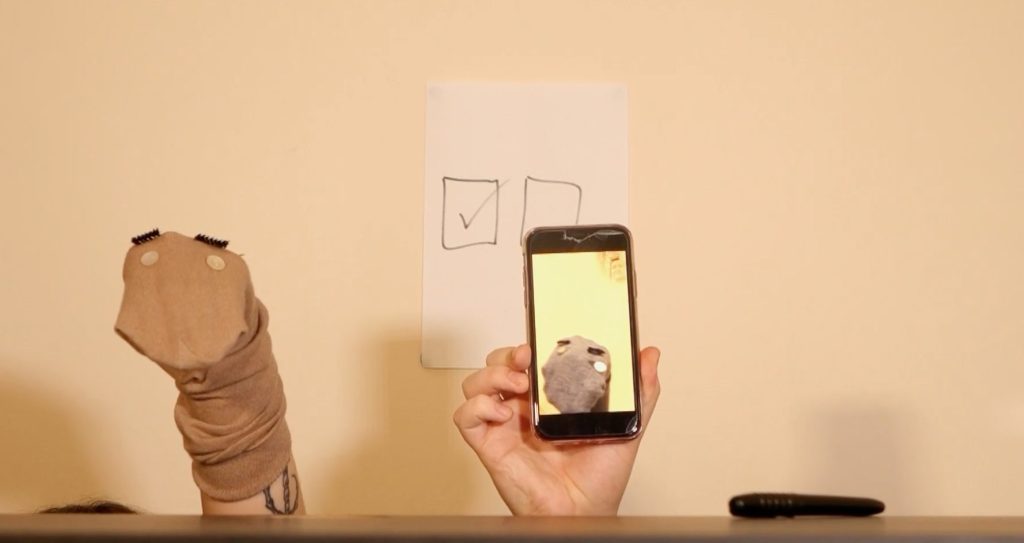

“It is a good idea to offer a recap for young people at the end of every session. Ask your group how they want you to do this. We love having briefs which are bullet points of what we’ve done in the session, what’s been learned, and what is now on our to do list…”
Camilla
“It is really, really important to keep young people in the loop terms of how their ideas and contributions are shaping the project. But bear in mind some young people prefer occasional updates and emails about milestones reached in a project, rather than more frequent updates about all different things, just because they are busy. Find out what your young people want…”
Megan


“I feel a lot more engaged when there is consistent communication. Seeing social media posts which highlight our involvement is a good way to keep us in the loop and keep us involved…”
Idrees
Payment and compensation
“No-one likes talking about money. The minimum we should do is to create a safe space to talk about it. We say to a young person, we get paid to be here, and we value what you are offering, and we want you to be recognised financially for that…Young people deserve to be compensated for their involvement and your job is to make sure that people understand what they can claim and provide clear information about the process and time it can take…It shouldn’t be hard work for them…”
Becky
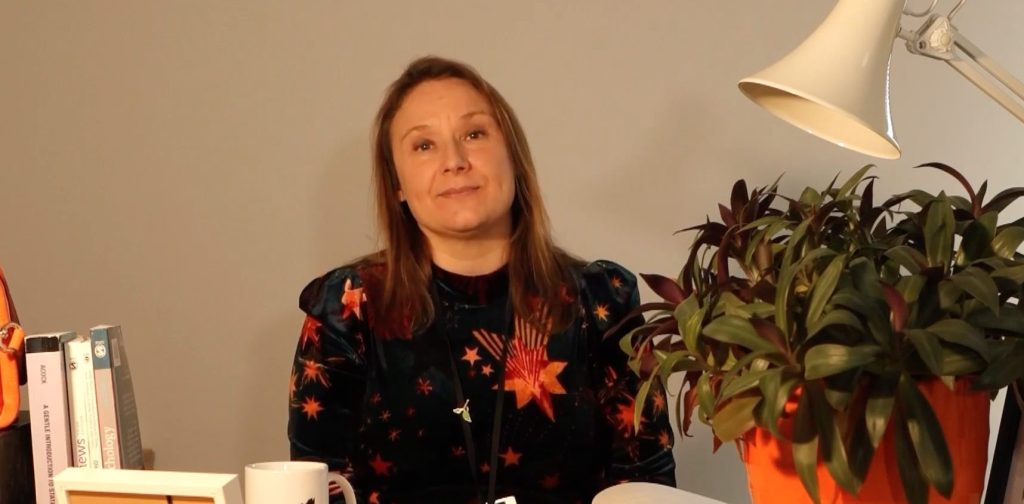
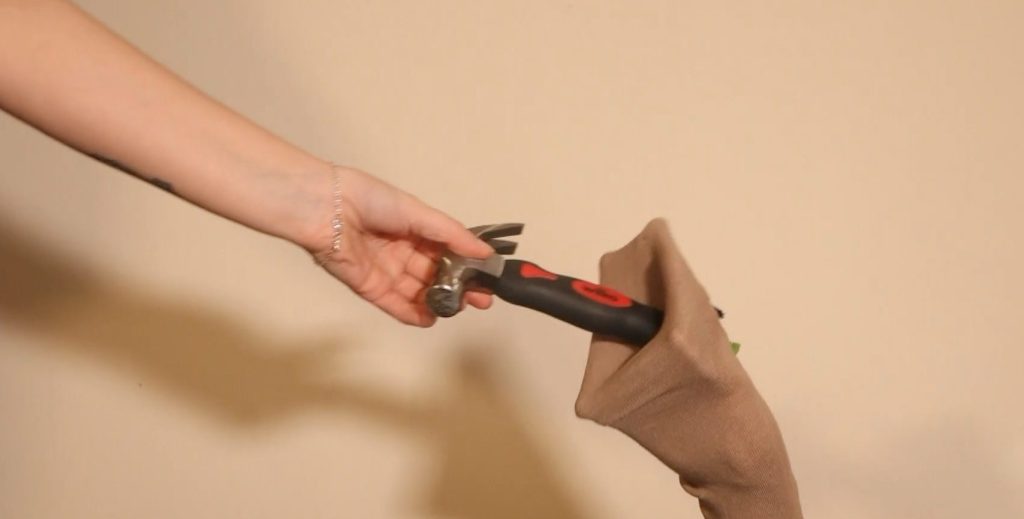
“There are lots of great ways that we can reward young people and communicate their value and the value of their input, for example through skills training, helping them to learn about research or wellbeing generally, and also specific things like a how to take the next steps towards a career in Psychology…”
Maria
“It is important to know what you are hoping to achieve before you start – but also to have some flexibility, some ambiguity, let things be a little bit messy, that will mean that you get the best result… We want everyone to get what they want out of the interaction and to be able to contribute their skills and strengths…”
Becky

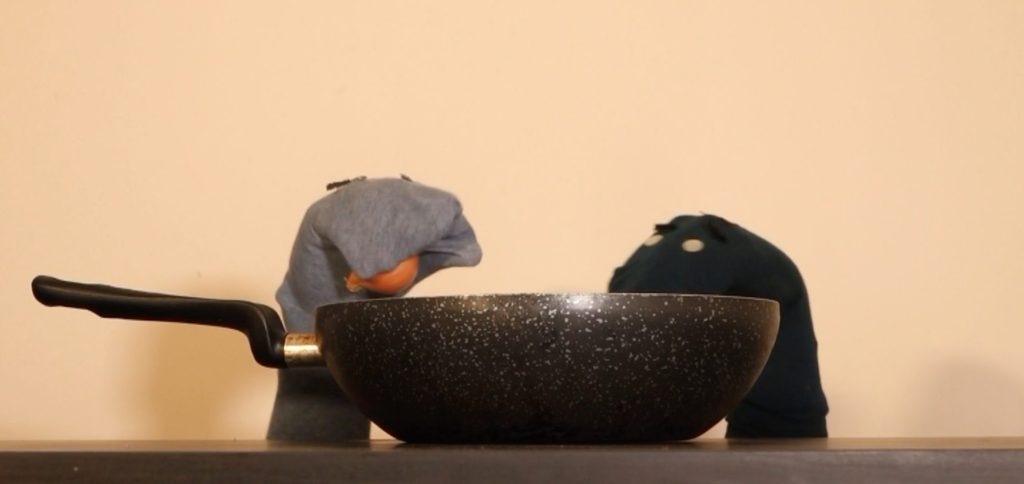
Feedback
“It is important to schedule in time for feedback and there is always room for us to improve…”
Camilla
“When you are giving feedback or actively sharing how things are shaping up and changing in a research project, it is important to be clear that being a researcher doesn’t mean you know better or that your voice is stronger than the young person…”
Nina

Resources detailed in the videos
Who’s who?
Creative developers
Jack Shaw (writing and filming)
Ursula Parrish (writing and filming)
Idrees Saleem (intro animation)
Content creators
Dr Joanna Lockwood (University of Nottingham)
Dr Camilla Babbage (University of Nottingham)
Rebecca Woodcock (University of Nottingham)
Youth advisors and content creators
Stuart Dodzo (Sprouting Minds, Digital Youth)
Idrees Saleem (Sprouting Minds, Digital Youth)
On screen…
Professor Elvira Perez Vallejos (University of Nottingham)
Rebecca Woodcock (University of Nottingham)
Dr Maria Loades (University of Bath)
Idrees Saleem (Sprouting Minds, Digital Youth)
Dr Aislinn Bergin (University of Nottingham)
Dr Camilla Babbage (University of Nottingham)
Dr Joanna Lockwood (University of Nottingham)
Dr Nina Higson-Sweeney (University of Bath)
Megan Williams (University of Bath)
Project details
Funding
This project was commissioned by The University of Bath via UKRI Enhancing Research Culture and Participatory Research funding awarded to Dr Maria Loades.
The content creators acknowledge funding from MindTech NIHR HealthTech Research Centre, NIHR Nottingham Biomedical Research Centre and UKRI.


Researchers and young people
If you’re a researcher or a young person who can bring experience, fresh ideas or a new perspective to the mental health conversation, we’d love to hear from you.

